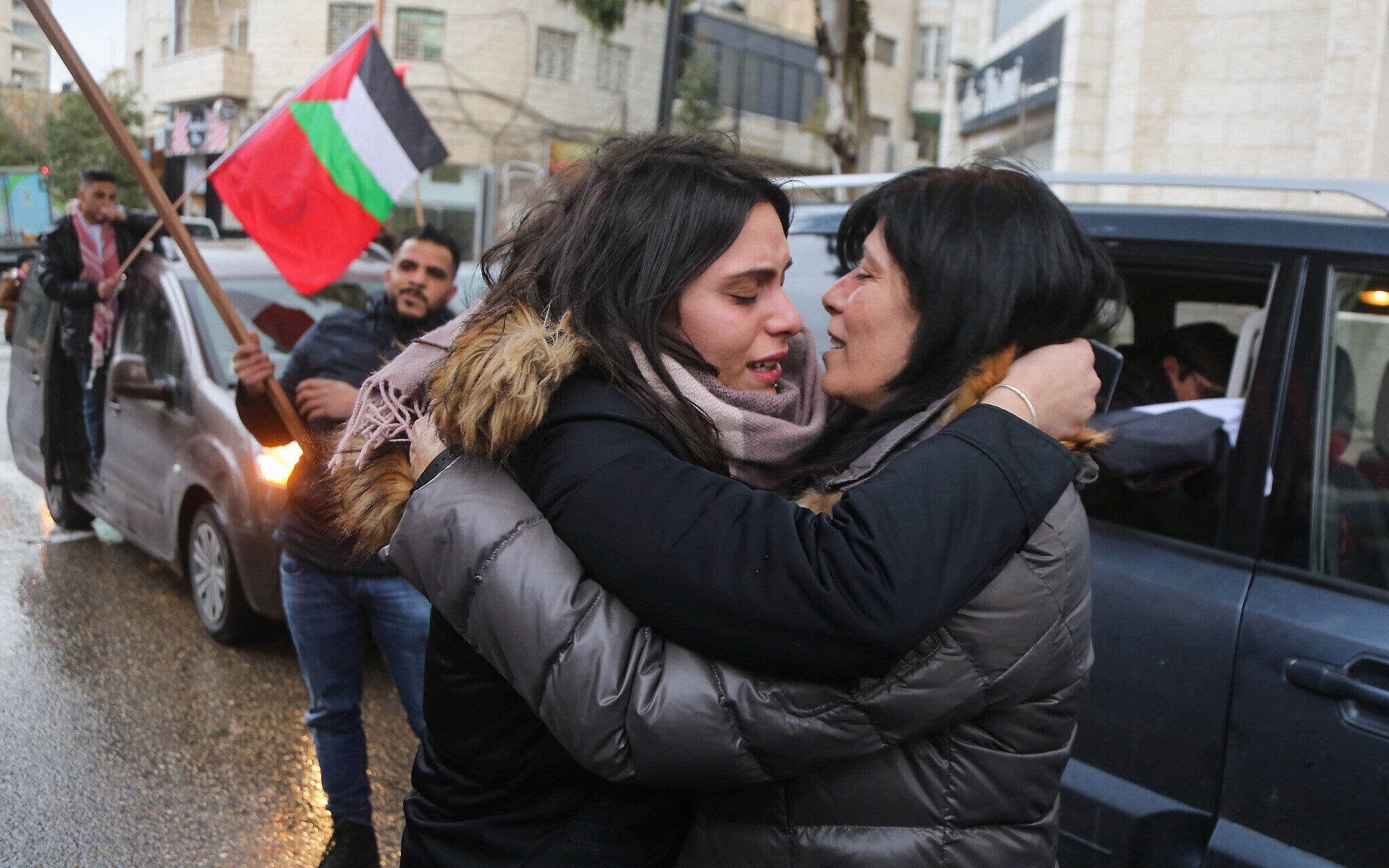On Sunday evening, a young woman was found lifeless in an apartment at the Qaddura refugee camp in Ramallah. The woman, Suha Jarrar, was a well-known Palestinian left-wing activist and….

On Sunday evening, a young woman was found lifeless in an apartment at the Qaddura refugee camp in Ramallah. The woman, Suha Jarrar, was a well-known Palestinian left-wing activist and the daughter of Khalida Jarrar, the Palestinian legislator and freedom fighter imprisoned by Israel. The human tragedy faced by any family of any young woman who dies in the prime of her life is compounded in this case by the oppression of a political prisoner who is denied even the most basic grace, of attending her daughter’s interment.
Before her current incarceration, Jarrar had been imprisoned for several years, many of them in administrative detention (a legal misnomer for indefinite imprisonment, without trial or evidence). Her previous detention, lasting twenty months, ended in February 2019. After eight months of freedom, in October 2019, soldiers raided her home in Al-Bireh and arrested her again. After 16 months of detention, Jarrar was forced to admit, as part of a plea bargain, to an indictment that shrieks of political imprisonment and revolves around her membership in the Popular Front for the Liberation of Palestine.
According to the indictment, her activity amounted to two meetings. In the first she took upon herself the organization’s national-political activities as well as liaison with the Palestinian Authority; in the second she provided an analysis of the political situation.
And why this plea bargain? For Jarrar, the answer is clear. The trial was conducted in a military court, under military law, under the direction of a military prosecutor and under the gavel of a soldier-judge, and in any case, no justice would ensue here. Even when faced by the threat of ten years in prison, Jarrar planned to use the trial to expose the torture which her comrades underwent during their interrogation. However, the court, which is just another arm of the occupation authorities, ruled that the trial would be held behind closed doors, rendering Jarrar incapable of defending herself through public disclosure.
The excuse presented by the prosecution for choosing a plea bargain rather than conducting a trial was “evidentiary difficulties’’. And what were these difficulties? Jarrar had been detained as part of a sweeping wave of arrests of PFLP activists, following incrimination by previous detainees. But there’s a fly in the ointment: these confessions were extracted under severe torture, including that of Samer Arbid, who was hospitalized unconscious, in critical condition, after his interrogators had beaten him; apparently it was necessary to prevent these acts from being exposed.
After release from her previous detention, Jarrar told Amira Hass that the most difficult experience throughout all these months of detention was the death of her father, Canaan, whose funeral she was barred from attending. In the same conversation, her daughter Suha reminded her how on the eve of her arrest Jarrar had visited him in hospital and brought him a pea stew she had cooked. This time, it was the announcement of Suha’s own death that awaited Jarrar, and that Israel intended to stop her from attending the funeral. No person should ever go through such an experience, and needless to say, Jarrar must not be allowed to undergo it twice. If the despicable, racist murderer Ami Popper can be granted furlough, the freedom fighter Khalida Jarrar must also have the right to bury her daughter and part from her with dignity.
Jarrar is one of the greatest feminist, socialist and anti-colonial revolutionaries the Palestinian people have been blessed with, and she is recognized and respected by the international community. Irrespective of the death of her daughter, she should be released immediately from her political imprisonment, which will be ending, one way or another, in three months anyway.
